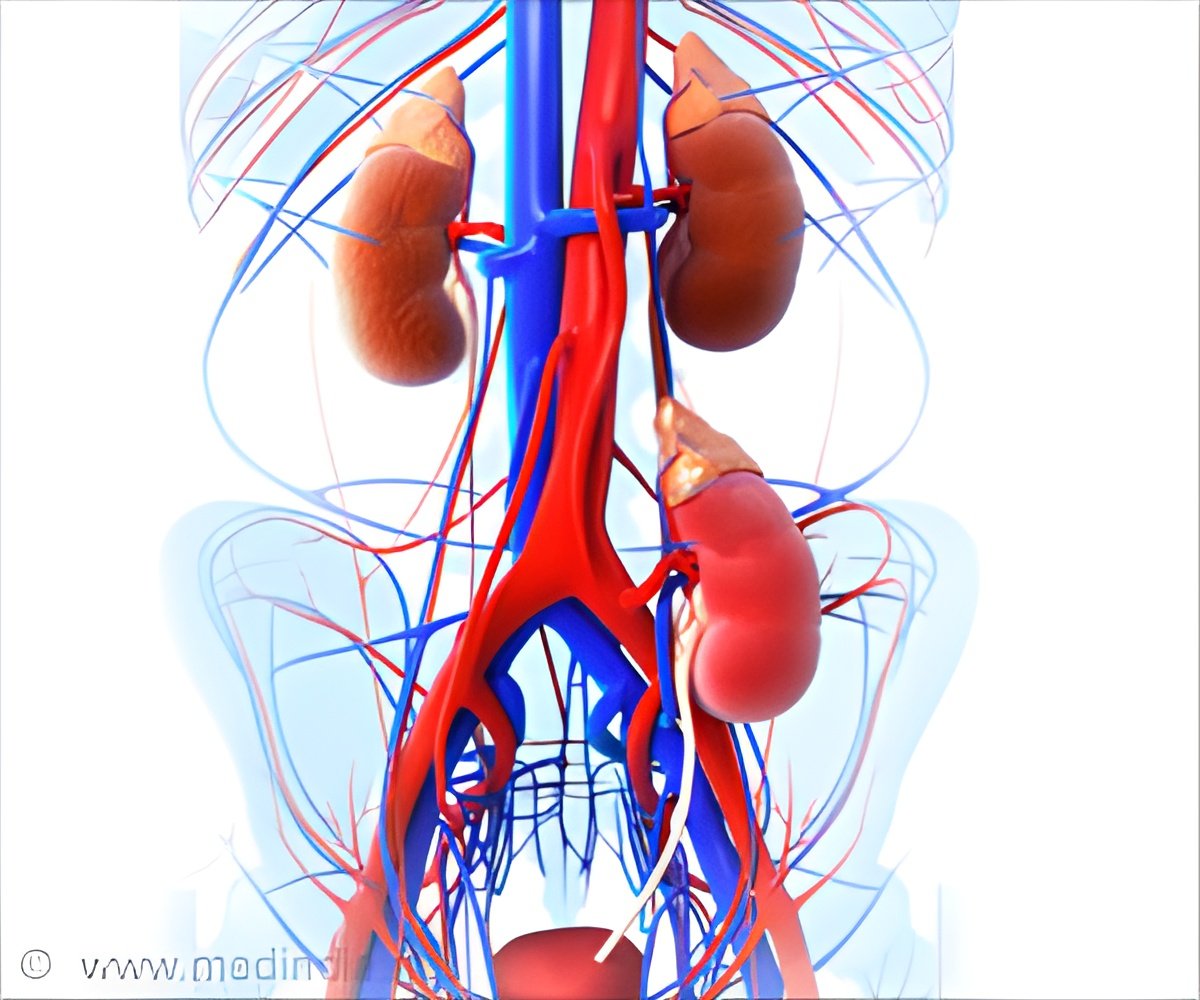Cardioverter defibrillator which is implanted in the body to control irregular heartbeat may not reduce the risk of hospitalization.

‘Implantable cardioverter defibrillators in those with chronic kidney disease increase the risk of hospitalization due to heart failure by 49% and a 25 percent increased risk of hospitalization for any reason.’





In a study of nearly 6,000 community-based patients with chronic kidney disease and heart failure, the use of implantable cardioverter defibrillators was associated with a significantly increased risk of subsequent hospitalization.
The study, "Long Term Outcomes Associated with Implantable Cardioverter Defibrillator in Adults with Chronic Kidney Disease," was conducted by researchers from Kaiser Permanente and the University of Washington. "The finding surprised us," said lead author Nisha Bansal, MD, MAS, of the Kidney Research Institute of University of Washington's Division of Nephrology. "Chronic kidney disease is common in adults with heart failure, and is associated with a greater risk of heart attack. However, in this observational study we did not find a significant overall benefit from ICDs for patients with kidney disease."
Implantable Cardioverter Defibrillators
ICDs are small implantable devices that deliver electrical shocks to the heart in order to help control life-threatening irregular heartbeats, or arrhythmias. (Pacemakers are a different implanted device, that gives off low-energy electrical pulses to treat less-dangerous heart rhythms.)
"Because placing an ICD can be expensive and can cause other complications, it is critical to better understand how to best use this therapy in high-risk patients, such as those with chronic kidney disease," said senior author Alan S. Go, MD, a research scientist with the Kaiser Permanente Northern California Division of Research.
Advertisement
Chronic kidney disease affects an estimated 14 percent of adults in the United States, and heart failure is the leading cause of death among them. About 30 percent of the estimated 5.7 million U.S. adults with heart failure also have chronic kidney disease, explained Dr. Bansal.
Advertisement
After accounting for differences in demographics, numerous other health conditions, the use of heart medications, and confounding risk factors, there was no difference in mortality between patients with chronic kidney disease who did or did not receive an ICD. However, ICD placement was associated with a 49 percent increased risk of subsequent hospitalization due to heart failure and a 25 percent increased risk of hospitalization for any reason.
Clinical trials have examined the value of ICDs in the general heart-failure population, Dr. Go noted, and have shown that the device increases patients' protection against sudden cardiac death and improves their overall survival. "The data from our study certainly need to be confirmed by clinical trials conducted specifically in patients with chronic kidney disease," he added.
Source-Eurekalert















